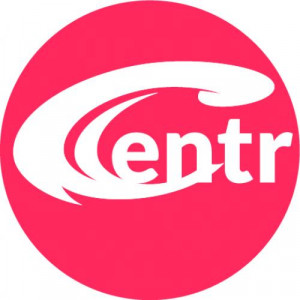New DSM announcements in May - After some delay, the Commission is set to publish on 25 May several proposals linked to its digital single market strategy (DSM), including geo-blocking, parcel delivery and Internet platforms. DSM measures of most relevance to ccTLD are: Internet platforms (with a potential review of the intermediary liability provisions), the copyright review (expected end of September, including enforcement rules), and a review of the e-Privacy directive (in December).
More on platforms: A recently leaked document identified 8 different categories of platforms, e.g. search services, social media, marketplaces – not ccTLDs. However, the issues raised in this context (e.g. liability, harmonised notice and takedown) could have a wider impact.
More on e-privacy: The current directive covers telecom providers (with rules on data breach notification, spam, etc.), a review could see an expansion to OTTs (over-the-top providers, e.g. VOIP) – again, not ccTLDs. However, issues such as the development of privacy standards could become part of it.
Commission set to conclude EU-US Privacy Shield to in June: before this can happen, however, the Privacy Shield has to ‘pass’ the adequacy test ("adequacy decision" procedure) to make sure that Europeans’ personal data are as well protected when being processed in the US as when in the EU. In a first step, the Article 29 Working Party (Member States’ data protection authorities) shared its (sceptical) opinion. The opinion of the Article 31 Committee (Member State representatives) is expected by 19 May. However, safeguards to surveillance of Europeans by US intelligence still remain the major stumbling block.
US surveillance continues – and expands? All 1,457 requests in 2015 – by the NSA or FBI – for electronic surveillance orders were approved by the so-called US Foreign Intelligence Surveillance Court (see article). The rather secretive court also dealt with the FBI’s 48,642 “national security letters” (NSL). NSLs can require Internet and telecom companies to hand over customer data – both US citizens’ and foreigners’. The Supreme Court, last week, approved a rule change, which could expand the FBI’s hacking powers – unless rejected by Congress (rather unlikely). US judges would then be able to issue search warrants for computers in any jurisdiction (not just their own county/-ies). As a result, the FBI could access and search hundreds or thousands of computers through a single warrant.
TTIP leak – a threat to digital rights? The trade agreement’s chapter on telecommunications could well mean a trend towards “law enforcement by private companies”, according to a recent analysis by the digital rights organisation EDRi. For example, telecom regulators would have the power to circumvent or even repeal and modify EU legislation of any service that “classifies as a public telecommunications service”.


